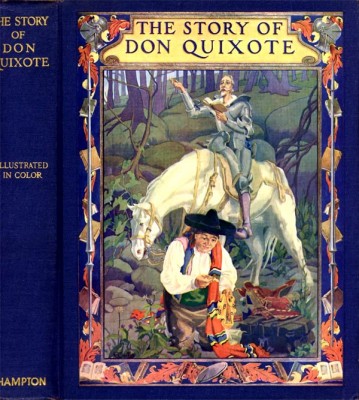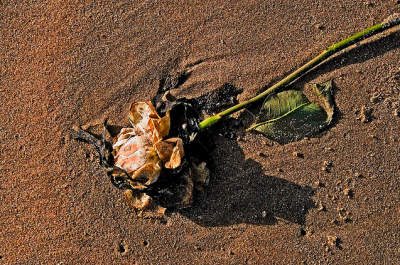
Not long ago, in a place in La Mancha whose name I do not want to remember, there lived a nobleman who was one of those who kept a lance in a rack, an ancient shield, a skinny nag, and a racing greyhound.
—Miguel de Cervantes (1547-1616), in Don Quixote: the famous first lines of the book. A nobleman who did not keep a horse and a lance was no longer considered a nobleman.
En un lugar de la Mancha, de cuyo nombre no quiero acordarme, no hace mucho tiempo que vivía un hidalgo de los de lanza en astillero, adarga antigua, rocín flaco y galgo corredor.

